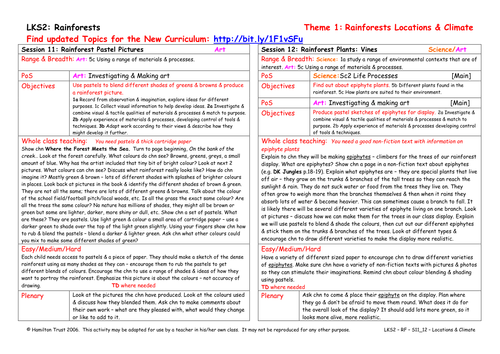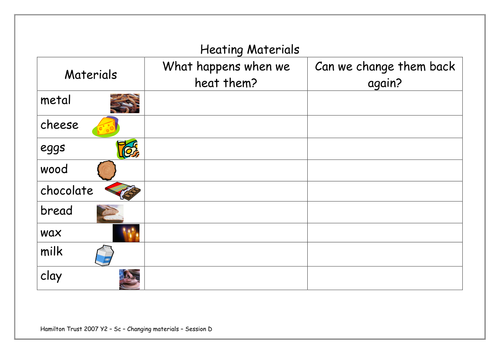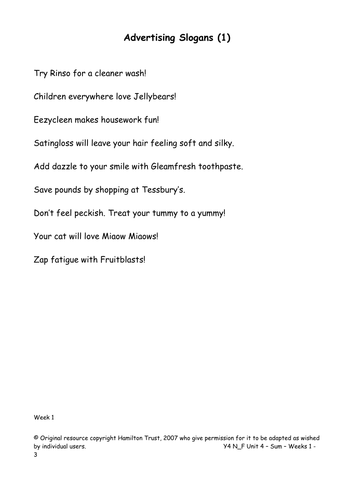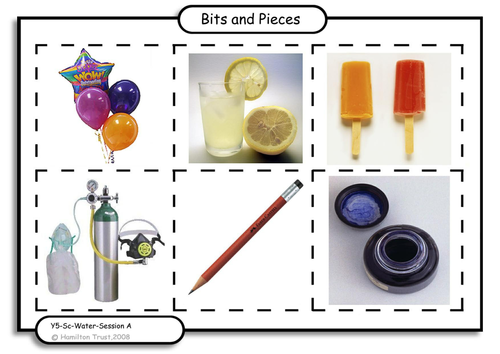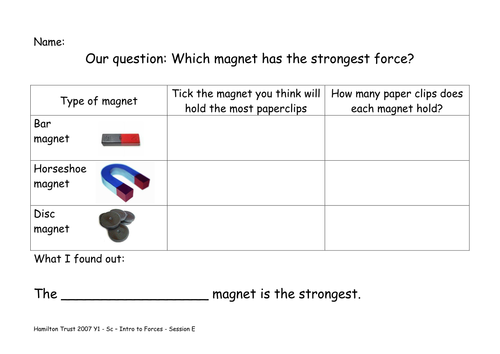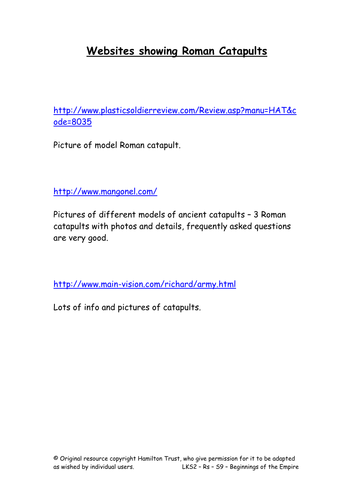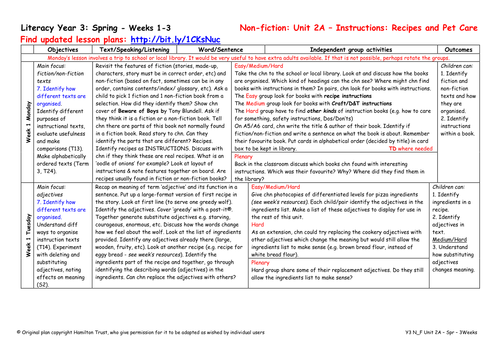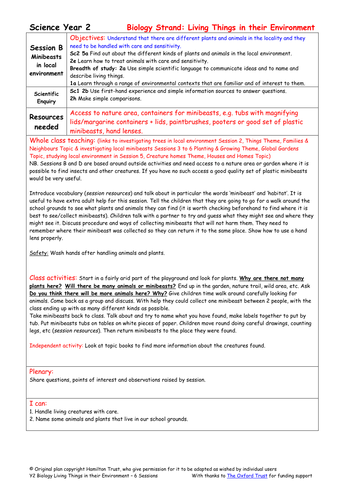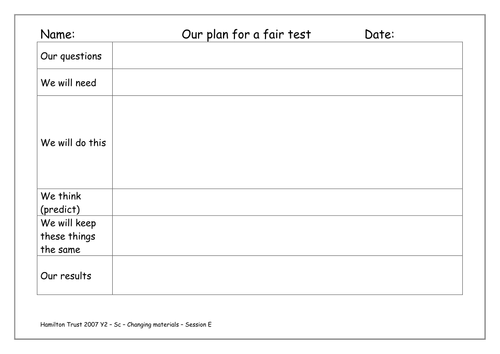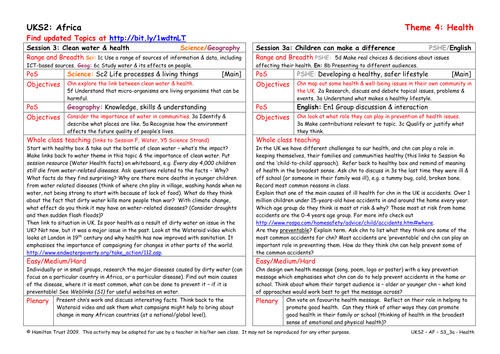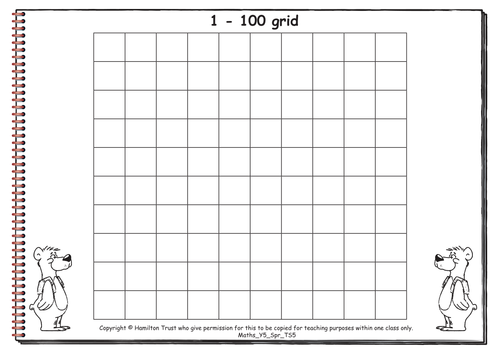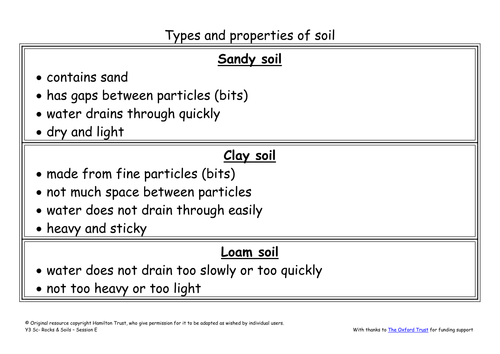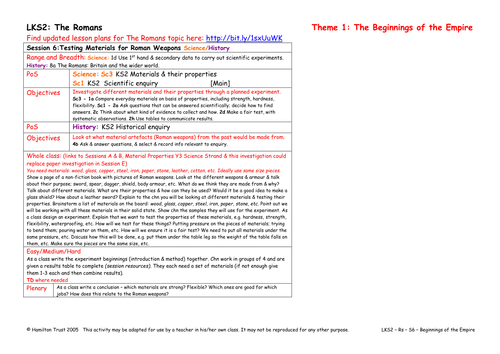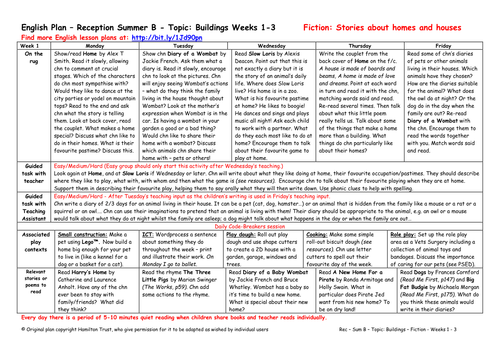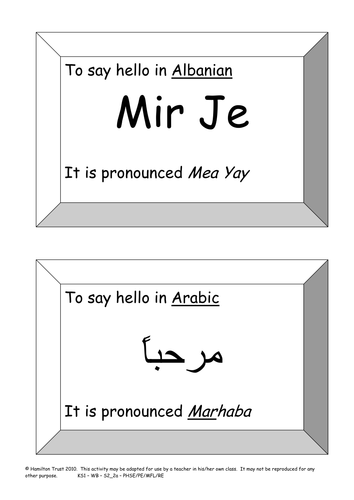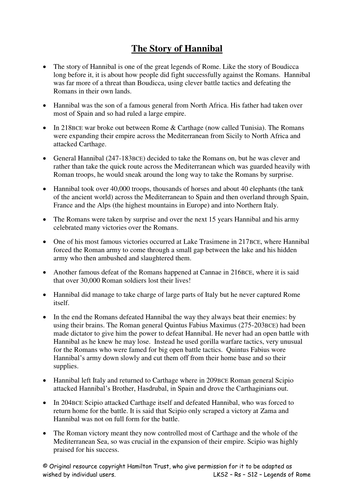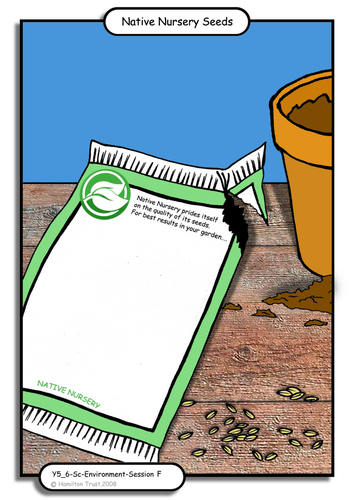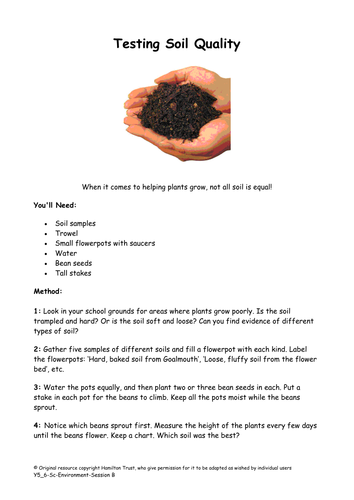
397Uploads
10045k+Views
11646k+Downloads
All resources

Rainforest Pastel Pictures
Using Where the Forest Meets the Sea children study in detail the palette of colours created by the rainforest. Then using pastels and blending techniques children create a pastel rainforest picture.
Suitable for years 3 and 4.

Investigate effect of heat
Start to explore and describe the way some materials change when they are heated. Practical class investigation about toasting bread, with a focus on observation.
Introduce concept of reversible and irreversible changes for more able learners.
Suitable for Year 2 pupils.

Yr 4 NF Unit 4 Persuasive texts: Media
Children investigate persuasive writing devices in a variety of magazine and newspaper adverts and cinema and TV adverts. They produce an individual poster, work in groups to write a TV or radio advert and then create a trailer for a children’s DVD.

Yr 1 Poetry Unit 3B Weather poems
A range of poetry structures is identified through examples of poetry written on the theme of weather. Children consider the effect of patterned language, imagery and rhyme. They write and perform their own weather poems.

States of matter
This strand begins with children comparing the properties of the three states of matter – solid, liquid and gas. Water is used as an example of a material that can exist in all three states. Use drama to model this.
Suitable for Y5 pupils.

Explore push and pull with magnets
Explore pushes and pulls using magnets. Do a test to find out which is the strongest magnet out of three. Record findings. Explore toys and games that use magnets. Think about everyday objects that use the forces exerted by magnets. Suitable for Year 1 pupils.

Design & Make Catapults
Children look again at Roman catapults. Using a wide variety of materials, incl some mechanical components, they design & create a working model of a catapult in the Roman style. They develop their ideas, then compete to see whose catapult works best!
Suitable for years 3 and 4.

Yr 3 NF Unit 2A Instructions : Recipes and Pet Care
Use recipes in Beware of Boys to identify differences between fiction and non-fiction text and to stimulate recipe writing.
Make pop-up cards without pics and study recipes without ingredients to identify features. Then write instructions for pet care as a poem!

Minibeasts in local environment
Go on a walk in the school grounds to discover there are different plants and animals in the local environment. Collect minibeasts. Think about where we might find them. Name, label and draw minibeasts back in the classroom. Suitable for Year 2 pupils.

Melting investigation
Practical class investigation about melting chocolate and then shaping it before allowing it to cool and harden.
Focus on planning a fair test, prediction and use of scientific vocabulary. Optional addition of rice pops to shapes!
Suitable for Year 2 pupils.

Clean Water and Health
Children research the impact of dirty water on health. They present research to the class and identify the biggest killer diseases. Opportunity here to link back to the water topic, and understanding of a preventable disease.
Suitable for years 5 and 6.

Maths Y5 Spring Teaching Sequence 5
Fractions, Decimals, Percentages, Ratio and proportion (five days).

Properties of soil
Discussing how soil is formed and why it is important to look after it. Find answers to questions on the web. Closely observe a soil sample and record what is found. Look at and draw a soil profile. Discuss erosion.
Suitable for Y3 pupils.

Testing Materials for Roman Weapons
Children look at Roman weapons and discuss the materials that these would have been made from. They then carry out some experiments to discover which materials are most suitable for which purposes. They devise a series of fair tests and communicate results.
Suitable for years 3 and 4.

Reception Fiction (Buildings): Stories about homes and houses (weeks 1-3)
Listen to stories about different homes for people and creatures and decide where they would like to live, Home by Alex T Smith, The Town Mouse and the Country Mouse by Helen Ward, and Diary of a Wombat by Jackie French and Bruce Whatley. Children write their own version of The Town and Country Mouse and use The Lighthouse Keeper’s Lunch by Ronda and David Armitage to plan best lunches. Keep diaries, make lighthouses and stormy music.

Separate solids
In this session children start by separating what they already know from what they want to find out, then start to separate materials using sieves of different sizes and magnets. They find out that these methods have real life applications.
Suitable for Y6 pupils.

Learning new ways to say Hello
Learn another circle game and then find out lots of different ways to say hello. Practice saying hello making good eye contact. Work as part of a group to make a ‘hello’ flag. Teach the new hello to the rest of the class.

Hannibal Crossing the Alps With Elephants
The story of Hannibal’s journey across the Alps with elephants is told and discussed. Children identify the Alps and surrounding countries on map and ponder the difficulties of the terrain in relation to this event. They make a collage of Hannibal’s journey.
Suitable for years 3 and 4.

Presentation
In this session a representative from Native Nursery visits to hear the findings from the growing tests and find out more about the electrical security devices. Will the children impress with their understanding of scientific concepts?
Suitable for Y5/6 pupils.

Soil
Time to get down and dirty! Children bring in soil samples from home and carry out a simple experiment to separate it into layers. This is followed by an experiment to test soil quality before finding out that some plants don’t need soil at all!
Suitable for Y5/6 pupils.

